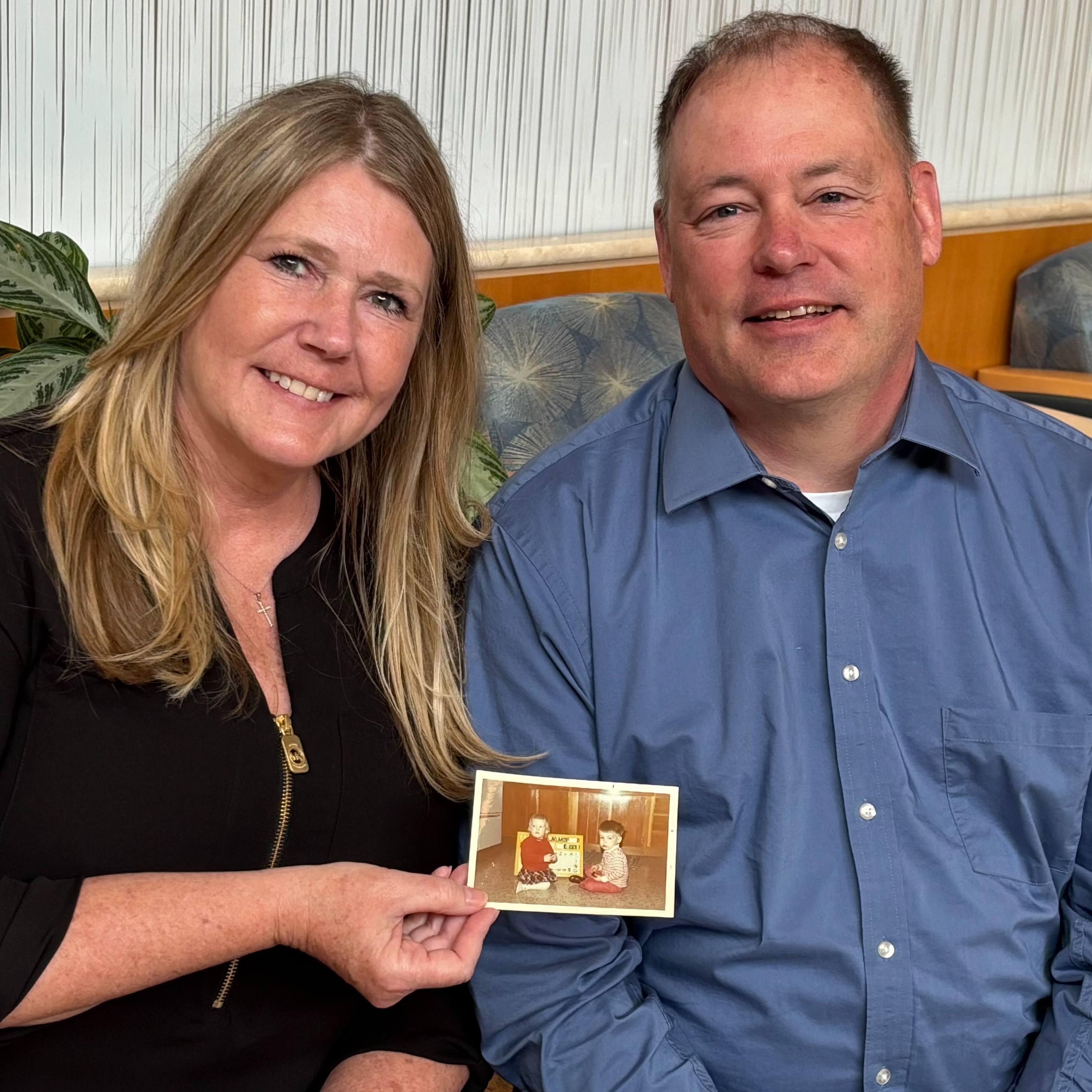-
Mayo Clinic Minute: What’s your limit on holiday salt?
It's the time of year when food takes center place. You may find yourself packing plates high with mashed potatoes or snacking on stacks of chips. From family gatherings to treats in the office, high-sodium snacks and foods are everywhere. Too much salt can lead to problems for some people with high blood pressure or heart failure. But what's too much?
Journalists: Broadcast-quality video pkg (0:58) is in the downloads. Read the script.
Mmmm. What makes holiday meals so delicious? For one thing, salt.
“Salt, unfortunately, will help absorb fluid, absorb water and it keeps it in your body,” says Dr. Stephen Kopecky, a Mayo Clinic cardiologist.
He says sodium can cause issues for people with high blood pressure and heart failure.
“The heart doesn’t pump blood adequately to meet the body’s demands, so if you then overload the heart with more fluid and more salt, then it has a hard time pumping,” says Dr. Kopecky.
People with kidney disease should watch salt, too. So if you’re on a low-salt diet, the American Heart Association recommends your daily intake be less than 1,500 milligrams. That’s a little less than three-quarters of a teaspoon. Regular intake is 2,300 milligrams, or just under one teaspoon.
And how do you handle big meals when you don’t know how much salt is in the food? Well, if it tastes salty, don’t eat much.







